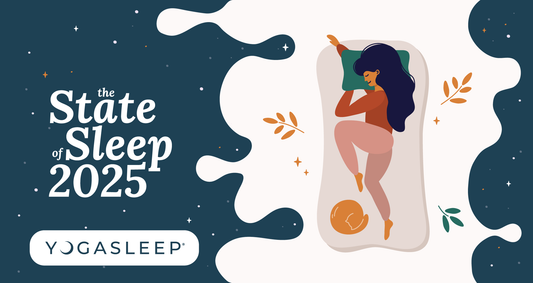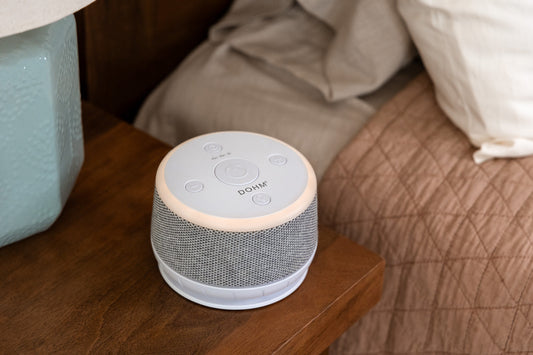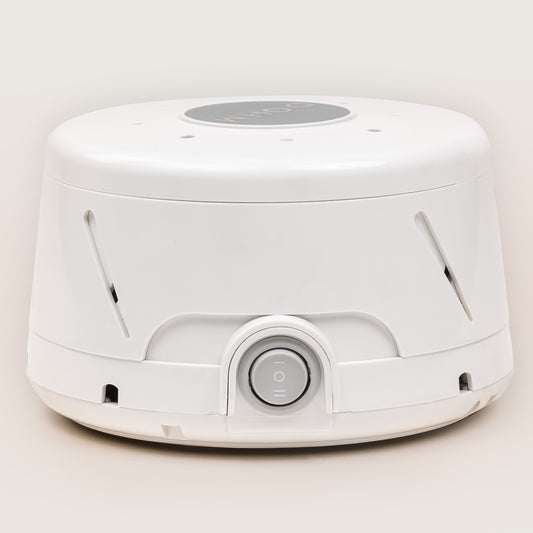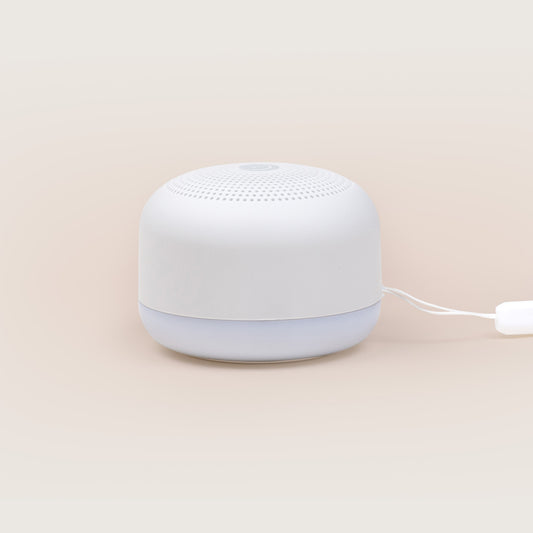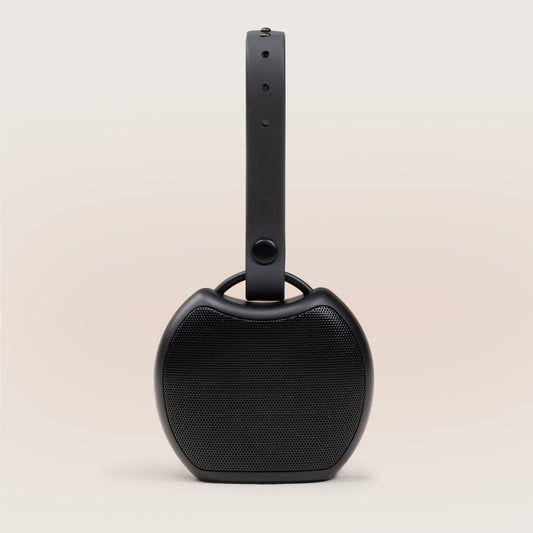
How Side-Sleepers Can Prevent Shoulder Pain from Sleeping
If you wake up from a long night of sleeping on your side with shoulder, neck, or back pain, this article is for you. We'll discuss some other sleep positions which might be better for your pain, then give you some tips for how to improve your shoulder problems if you're really a die-hard side sleeper.
A quick disclaimer: this post is for those with shoulder strain and ache; not chronic pain, frozen shoulder, severe shoulder pain, or other serious medical concerns. If you have pervasive problems that go beyond normal aches and pains, please seek help from a medical professional, who can give you a treatment plan for your particular injury.
The Best Sleeping Position for Shoulder Pain
Your shoulder is what the doctors call a ball-and-socket joint. This means that the top of your upper arm bone is rounded - the "ball" - and it rotates around in the concave part of your shoulder blade - the "socket" - leading to the range of motion your shoulder has. That ball is kept in the socket by a bunch of muscles, soft tissues and tendons. The group of muscles and tendons around your shoulder joint is called your rotator cuff. When these muscles and tendons are strained by laying in one position for a long time (like for a whole night of sleep), this is broadly called a rotator cuff injury. One type of common rotator cuff injury involves the strain of the rotator cuff tendons by an awkward sleep position: aka, "sleeping on it wrong". The compression of your shoulder into an unforgiving mattress can also restrict blood flow to your arm, resulting in the pins-and-needles feeling. These various issues with side sleeping can make you wake up sore, or worse, interrupt your sleep.
What Can You Do to Remedy This?
If you have shoulder problems, try a different sleeping position to relieve the injured shoulder of having to support your weight, which will help it heal faster. To get the pain relief you need without creating more injuries, you should try to sleep on your back, because it will help your spine remain aligned while keeping your weight off your injury.
Why not sleep on your stomach? Excellent question. Because unless you have a superpower that lets you breathe through your pillow, you'll have to turn your head to sleep on your stomach. And that is exactly the kind of awkward position which will cause you neck pain in addition to probably exacerbating your existing shoulder pain. You don't want that kind of hassle in your life - take it from a former stomach sleeper.
What If You Really Want to Sleep on Your Side?
If you don't want to try sleeping on your back, you can at least sleep on the right side. By "right", in this case, we mean "correct", because the correct side is the left side.
Wait. You said there's a correct side?
Indeed there is. The reason has to do with how your stomach is oriented. See, your stomach is essentially a bag with tubes coming out of both ends. But, the tubes aren't at the top and bottom; they're both on one side, specifically, your right side. This means that when you sleep on your left side, your dinner sits in the part of your stomach that's meant to digest food. However, when sleeping on your right side, gravity forces the food into the tubes coming from your stomach, one of which is your esophagus. This, in a lot of people, can lead to acid reflux.
So sleeping like a southpaw can help you with indigestion, but both your shoulders are just as susceptible to injury. What should you do about that? The answer is that you get an optimal mattress for your sleeping style. Side sleeping naturally ends up putting pressure on your shoulders and hips, but a good mattress can help. A memory foam mattress can help you to do this by relieving this pressure and responding to your body with firm pressure.
Even the best mattress in the world can't help you with neck pain resulting from an unsupportive pillow.
So you should get a high-quality memory foam mattress, and that'll fix the problem, right? Not entirely. While having an excellent mattress can greatly alleviate your shoulder and hip pain, even the best mattress in the world can't help you with neck pain resulting from an unsupportive pillow. Ideally, your pillow should support your head and neck without lifting it too high: you want to remain in a neutral position, with your spine straight from neck to tailbone. Because memory foam molds to your body, you may want to seriously consider a memory foam pillow.
Ultimately, you'll need to find out what works for you. But we hope this guide could help you get started and let you know that it's completely possible for you to wake up completely refreshed and pain-free. Good night!
Disclaimer: The information on our site is NOT medical advice for any specific person or condition. It is only meant as general information. If you have any medical questions and concerns about you or your family’s sleep, please contact your health provider.

